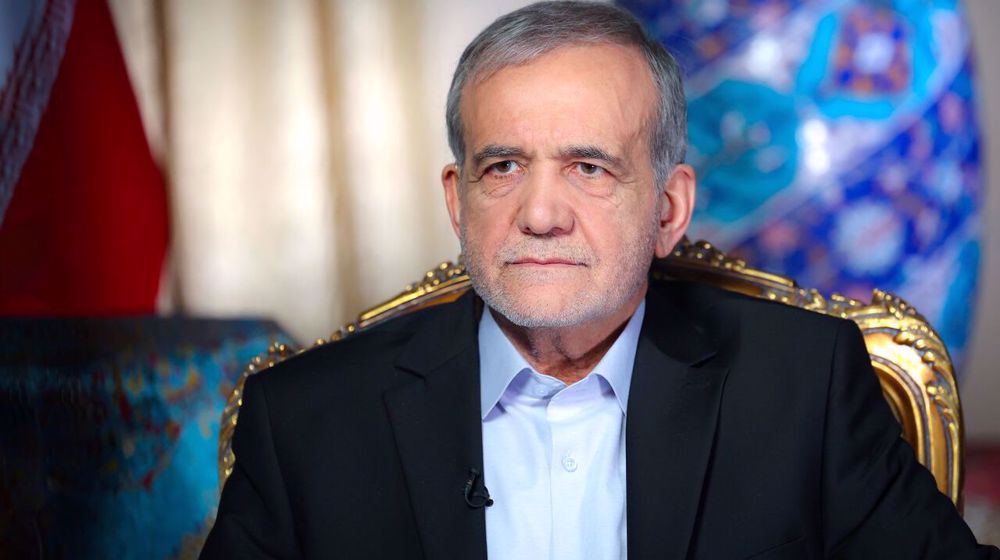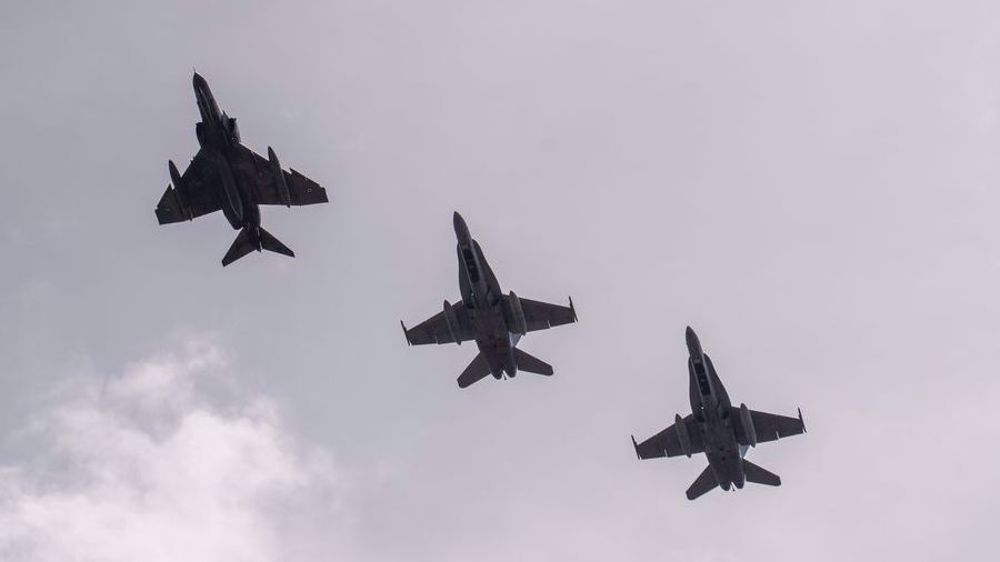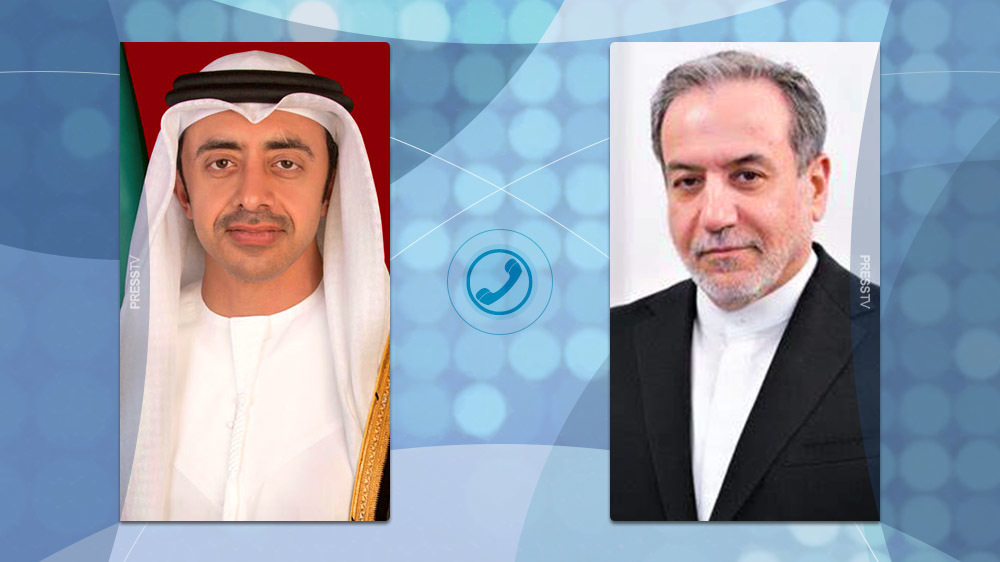Bahrain’s Nabeel Rajab to face trial for tweets
Bahrain’s prominent opposition leader and human rights activist, Nabeel Rajab, is to go on trial for posting messages on Twitter criticizing the dire conditions of a prison in the country and Manama’s involvement in the Saudi war on Yemen.
According to his lawyer, who made the announcement on Sunday, Rajab is likely to face a prison term for the tweets he made last year accusing Bahraini regime forces of torturing detainees in a main prison and criticizing the Manama regime’s contribution to the Saudi campaign against Yemen, which has killed thousands of people since March 2015.
"He was notified of the referring of his case regarding Jaw prison and the Yemen war to the High Criminal Court for trial," Jalila Sayed said, adding, "The first hearing will be on July 12, 2016. Nabeel may face up to 13 years of imprisonment if convicted in that case."
Rajab, as his lawyer said, is being kept in solitary confinement, with no contact or any interaction with other prisoners and the living conditions in his cell are extremely unsanitary.
The rights activist has been arrested several times since the start of the anti-regime uprising in Bahrain in early 2011.
He was sentenced to six months in prison in January 2015 for posting tweets critical of the Al Khalifah regime. In May last year, a Bahraini court upheld Rajab’s jail sentence.
Rajab, who is also a co-founder of the [Persian] Gulf Center for Human Rights, has been critical of Manama’s heavy-handed crackdown on peaceful anti-regime protests.

Since February 14, 2011, thousands of anti-regime protesters have held numerous demonstrations on an almost daily basis in Bahrain, calling for the Al Khalifah family to relinquish power. The Al Khalifah regime is engaged in a harsh crackdown on dissent and widespread discrimination against the country's Shia majority.
In March that year, troops from Saudi Arabia and the United Arab Emirates were deployed to assist the Bahraini regime in its crackdown on peaceful protests.
Scores of people have been killed and hundreds of others injured or arrested in the crackdown.
Amnesty International and many other international rights organizations have frequently censured the Bahraini regime for rampant human rights abuses against opposition activists and anti-regime protesters.

Last week, Manama revoked the citizenship of the country’s top Shia cleric, Shiekh Isa Qassim, prompting huge criticism at international level.
The Al Khalifah regime’s June 20 move against Sheikh Qassim came less than a week after Bahrain’s Justice Ministry suspended al-Wefaq and dissolved the opposition Islamic Enlightenment Institution and al-Risala Islamic Association.
Al-Wefaq’s Secretary General Sheikh Ali Salman has been in prison since December 2014 on charges of attempting to overthrow the regime and collaborating with foreign powers, which he has denied.

Pezeshkian: Iran seeks stronger ties with neighboring countries

Qatar joins Israel for 'side by side training' in aerial drills in Greece

Iran, UAE voice alarm at fatal Israeli, American aggression against Gaza, Yemen
VIDEO | Italian lawmakers slam government's complicity with Israel in Gaza war
VIDEO | Iranians celebrate ‘Nature Day’ as Ramadan ends
VIDEO | South Korea on edge as impeachment decision looms
VIDEO | Press TV's news headlines
Israel rewards surrender with erasure: Lebanese analyst
Netanyahu says Qatar 'not an enemy state'
UN rights body demands Israel 'prevent genocide' in Gaza
VIDEO | Unceasing genocide vs. Palestinians











 This makes it easy to access the Press TV website
This makes it easy to access the Press TV website